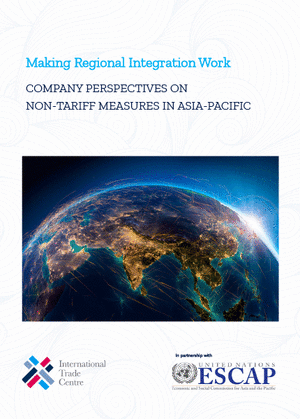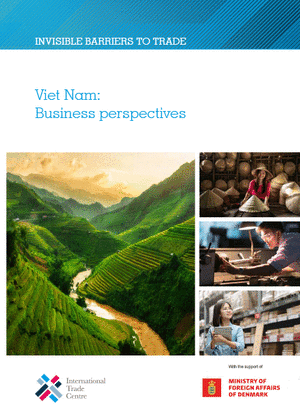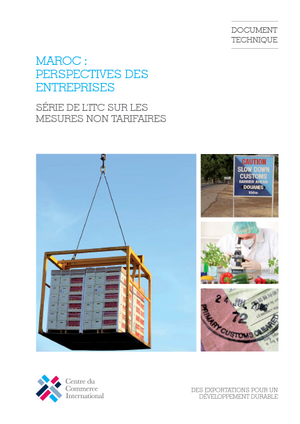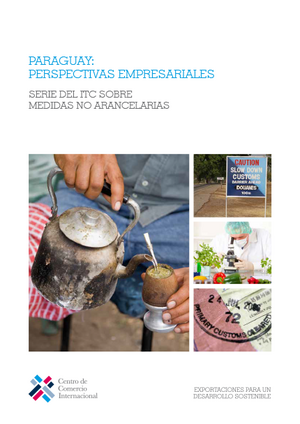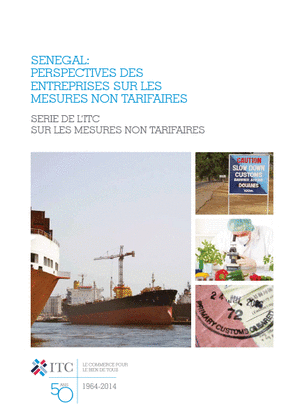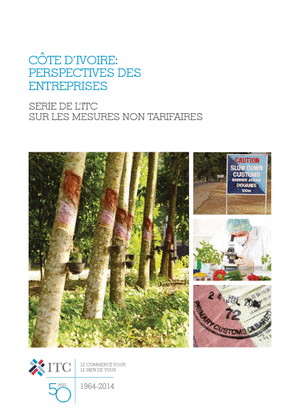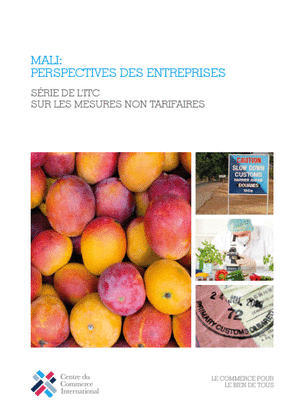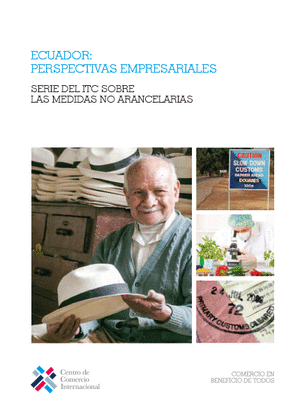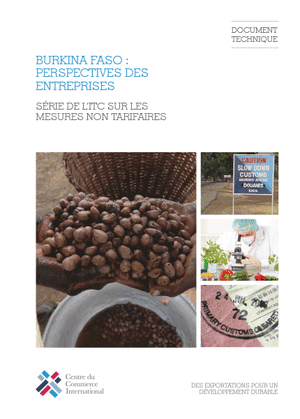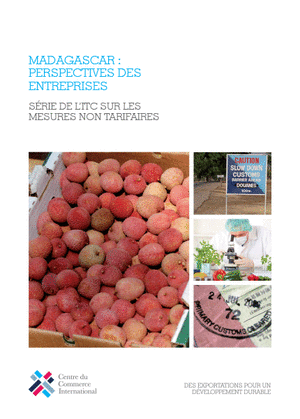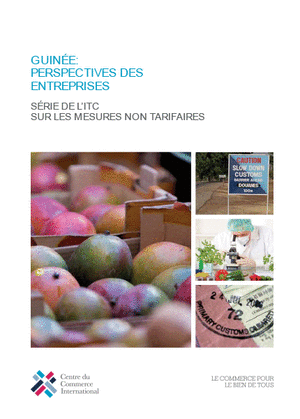Making regional integration work: Company perspectives on Non-Tariff Measures in Asia-Pacific
Multilateral, plurilateral, unilateral, as well as regional integration efforts in the Asia-Pacific have brought down tariffs, increased connectivity, helped achieve regulatory harmonization and promoted cooperation across the United Nations Economic and Social Commission for Asia and the Pacific (ESCAP) members, spurring both intra- and extra-regional trade. Yet, many non-tariff obstacles to trade persist, posing several challenges to exporters and importers in the region.
Business survey results show that non-tariff measures (NTMs) impact exporters in the Asia-Pacific significantly, with 55% of all interviewed firms reporting them as burdensome. NTMs applied by regional trade partners comprise exactly half (50%) of all reported NTMs. Most NTMs perceived burdensome by exporters are foreign regulations (81%) rather than domestic regulations (19%). Following a global trend, NTM surveys in the Asia-Pacific countries show that technical NTMs such as conformity assessments and technical requirements applied by partner countries, and procedural obstacles at home, are among the main hurdles for traders in the region.
Procedural obstacles experienced by exporters in their home country are the primary reason why NTMs are found to be burdensome. The most common procedural obstacles include time delays, the need to make informal payments or high fees and charges. Other procedural obstacles faced in the domestic market include lack of accreditation, lack of appropriate testing facilities, and difficulties obtaining trade and NTM-related information.
The report highlights that market access begins at home. Trade regulations are deemed burdensome by exporters in the Asia-Pacific region primarily because of domestic procedural obstacles. Streamlining trade procedures at home is key to enabling exporters to access export markets. We also see that is that a higher implementation rate of trade facilitation measures, especially in the form of paperless trade, correlates with a fewer concerns vis-a-vis NTMs and higher export shares.




